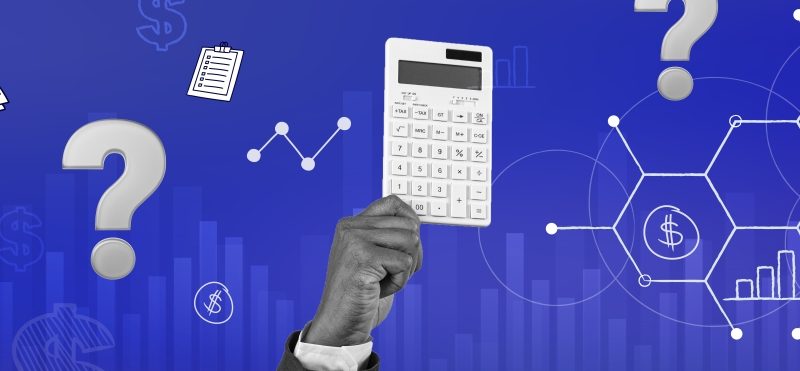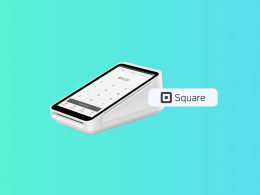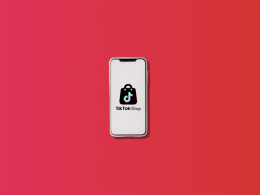Klarna is a popular payment method that allows customers to buy now and pay later, making it a convenient option for online shopping. However, while the ability to defer payment may be enticing, it’s important to understand the consequences of not paying Klarna bills. Failure to pay can lead to a variety of issues, including damage to your credit score, late fees, legal action, and even debt collection efforts.
In this article, we will explore what happens if you don’t pay Klarna and provide tips for avoiding these negative outcomes.
Why might customers like to use Klarna?
Customers like to use Klarna because it offers a range of convenient payment options that make it easy to shop and manage their finances. Klarna’s payment options include pay later, pay in installments, and financing, which allows customers to choose the payment method that works best for them.
Klarna is widely accepted as a payment option by a wide range of e-commerce businesses and merchants, from small boutiques to large retailers, and its payment options can be used to purchase a variety of products, including fashion, beauty, electronics, home goods, and more.
Let’s look at how Klarna allows customers to pay for their purchases.
- Pay later allows customers to make a purchase and delay payment for up to 30 days without incurring any interest or fees. This gives customers time to try out their purchases and make sure they’re satisfied before committing to payment.
- Pay in installments allows customers to spread the cost of their purchase over several payments, making it easier to manage their budget and avoid large one-time expenses. With pay in installments, customers can choose to pay over 3, 6, or 12 months, depending on the amount of their purchase.
- Financing allows customers to purchase more expensive items and pay for them over a longer period of time, often with low or no interest rates. This can be especially helpful for customers who need to make a large purchase but don’t have the cash upfront to pay for it.
Klarna also offers a streamlined checkout process that eliminates the need to enter payment and shipping information each time a purchase is made. This saves time and makes it easier for customers to make purchases, which can increase customer loyalty and repeat business.
What happens if you don’t pay Klarna?
It is important to repay Klarna on time because failure to do so can result in late fees, interest charges, and negative impacts on your credit score. Late payments can also result in your account being sent to collections, which can further damage your credit score and lead to legal action. Let’s look at those in a bit more detail.
Late fees and interest charges
One of the first consequences of not paying Klarna bills on time is late fees and interest charges. When you don’t pay your bills by the due date, Klarna will start charging interest on your balance, and the longer you take to pay, the more interest you will accrue. Additionally, you may incur late payment fees, which can add up quickly and increase the amount you owe.
The interest rate charged by Klarna (for late payments) varies, but it can be as high as 19.99% APR. This means that if you have a balance of $1,000, and you don’t pay it off for six months, you will have to pay an additional $100 in interest charges alone. The longer you wait to pay, the higher the interest charges will be.
Late payment fees can also add up quickly. The fee charged by Klarna varies, but it can be as high as $35. This means that if you don’t pay your bill on time, you could end up owing much more than the original amount you borrowed.
Credit score damage
Not paying Klarna can also have a significant impact on your credit score. Klarna reports payment information to credit bureaus, and if you don’t pay your bills on time, this information will be reflected in your credit report. A lower credit score can make it harder for you to get approved for credit in the future, and you may end up paying higher interest rates on loans and credit cards.
Your credit score is calculated based on a number of factors, including your payment history, the amount of debt you have, and the length of your credit history. When you don’t pay your Klarna bills on time, it will be reported as a missed payment on your credit report. This can cause your credit score to drop significantly, and it may take several years to recover.
A low credit score can also impact your ability to rent an apartment, get a job or even insurance policies. Landlords, employers, and insurance companies often use credit scores as a way to evaluate your financial responsibility and reliability. If you have a low credit score, it may be more difficult to get approved for a rental, a job or an insurance policy.
Legal action
Klarna has the right to take legal action against you if you don’t pay your bills. The company can sue you in court to recover the debt, and if they win, they may be able to garnish your wages or put a lien on your property. It is important to note that legal action can be a costly and time-consuming process, and it’s in your best interest to avoid it by paying your bills on time.
If Klarna decides to take legal action against you, you will receive a notice of legal action. This notice will inform you of the lawsuit and the amount of the debt owed. You will have a certain amount of time to respond to the notice, and if you don’t respond, Klarna may win the lawsuit by default.
If Klarna wins the lawsuit, they may be able to garnish your wages, meaning that they can take a portion of your paycheck to pay off the debt. They may also be able to put a lien on your property, which means that they can place a legal claim on your property until the debt is paid in full. Both of these actions can have serious consequences and can impact your financial stability for years to come.
Debt collection efforts
If you don’t pay your Klarna bills, the company may also hire a debt collection agency to recover the debt. Debt collectors can be aggressive, and they may use tactics such as calling you repeatedly, threatening legal action, or even showing up at your home or workplace. They may also report the debt to credit bureaus, which can further damage your credit score.
It’s important to understand that debt collection agencies are governed by strict laws, and they are not allowed to harass or threaten you. If you feel that a debt collector is violating your rights, you can file a complaint with the Consumer Financial Protection Bureau.
By repaying Klarna on time, you can avoid these consequences and maintain a positive financial standing. Additionally, timely repayment helps to build trust with Klarna and may make you eligible for higher credit limits and better payment terms in the future.
Solutions to avoid negative consequences
If you’re struggling to pay your Klarna bills, there are several steps you can take to avoid negative consequences.
- First, you can try to negotiate a payment plan with Klarna. Many companies are willing to work with customers who are experiencing financial difficulties, and they may be able to offer you a payment plan that fits your budget.
- Another option is to seek help from a credit counseling agency. These agencies can work with you to develop a budget and create a debt repayment plan. They can also provide you with resources and support to help you manage your finances more effectively.
- If you’re facing legal action or debt collection efforts, it’s important to seek the advice of a qualified attorney. An attorney can help you understand your rights and options, and they can represent you in court if necessary.
However, the best way to avoid negative consequences from not paying Klarna bills is to make sure you pay on time. Set up reminders or automatic payments to ensure that you don’t miss a payment. It’s also a good idea to keep track of your spending and avoid borrowing more than you can afford to pay back.
Conclusion
In conclusion, not paying Klarna bills can have serious consequences, including late fees, credit score damage, legal action, and debt collection efforts. However, there are steps you can take to avoid these negative outcomes. By negotiating a payment plan, seeking help from a credit counseling agency, or consulting with an attorney, you can take control of your financial situation and avoid long-term damage to your credit score and financial stability. Remember, the best way to avoid negative consequences is to pay your bills on time and avoid borrowing more than you can afford to pay back.
Disclaimer: This article is intended to provide general information about how to use Klarna on Amazon. The information provided in this article is not intended to be a substitute for professional advice or guidance, and should not be relied upon as such. The use of Klarna on Amazon may vary based on factors such as geographic location, Amazon account type, and Klarna terms and conditions. Readers are advised to do their own research and seek professional advice before making any financial decisions.












.png)
*Interesting! Thank you for sharing such an informative article. I look forward to reading more soon.
Thank you! More articles coming every day.